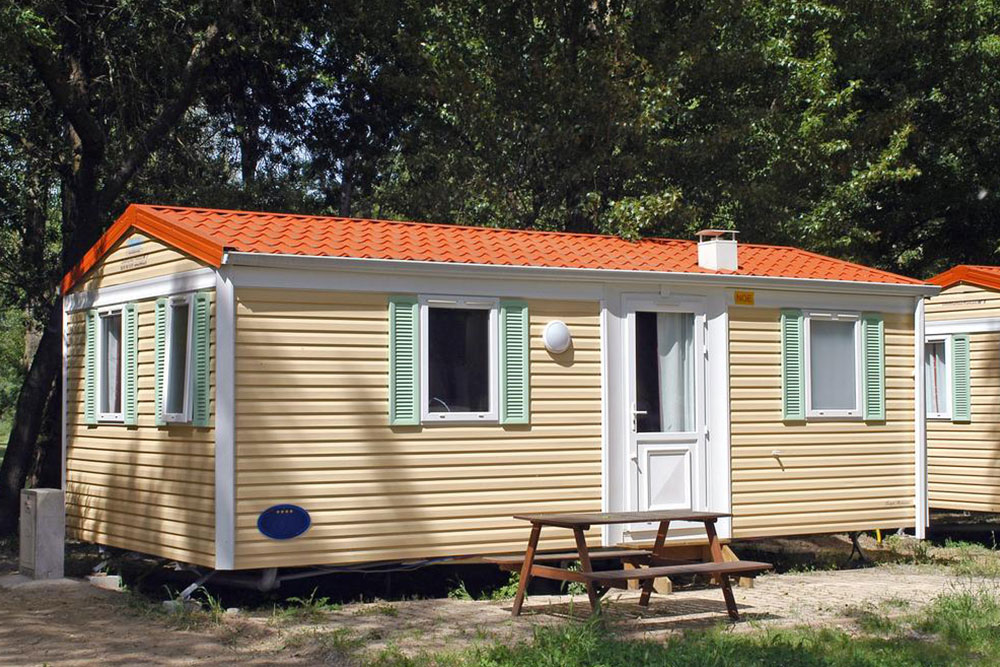Comprehensive Guide to Selecting Mobile Home Insurance: Key Factors and Tips
Learn essential tips for selecting the right mobile home insurance policy. Understand coverage options including damage, liability, flood, and additional protections. Get practical advice on assessing risks, choosing suitable limits, and reviewing policies annually to safeguard your mobile home investment effectively.

Comprehensive Guide to Selecting Mobile Home Insurance: Key Factors and Tips
Owning a mobile home offers a unique blend of affordability and mobility, but securing adequate insurance coverage is essential to protect your investment. Mobile home insurance serves a similar purpose to traditional homeowner policies, providing coverage for the structure itself, personal possessions, and liability risks. Whether you live in a manufactured home or a mobile park, understanding the nuances of mobile home insurance policies can save you from unexpected expenses and provide peace of mind.
At its core, mobile home insurance often includes several key types of coverage: physical damage protection, personal property coverage, and liability insurance. Physical damage coverage safeguards your mobile house against perils such as fire, storms, vandalism, and accidental damage. Personal property coverage extends to your belongings inside the home—furniture, appliances, electronics, and other valuables—ensuring they are protected from theft, fire, or other unforeseen events. Liability insurance is equally vital, offering financial protection if someone sustains injuries or property damage while on your premises, thereby shielding you from potential legal claims.
Understanding what each insurer provides is vital, as policies can vary significantly in scope and limits. Before signing a contract, clarify the extent of coverage for common risks, especially water damage, which is a frequent concern among homeowners. Many insurance providers cover pipe leaks or plumbing issues that occur unexpectedly, such as those caused by freezing in winter. However, damages resulting from neglect, poor maintenance, or gradual deterioration typically aren’t included. It’s essential to review these details thoroughly with your insurer to avoid coverage gaps.
Flooding presents another coverage consideration. In flood-prone areas, standard mobile home policies often exclude flood damage, necessitating separate flood insurance policies or additional premium payments. Policies should specify whether flood-related damages caused by external weather events are covered, and conversely, whether flooding caused by homeowner negligence is excluded. Calculating the actual replacement cost of your mobile home is a crucial step—ensure your policy limits are adequate to fully replace your home if disaster strikes. Additionally, consider reviewing your coverage annually to adjust for inflation or changes in the value of your property and possessions.
Beyond the basics, there are other factors to consider when selecting a mobile home insurance policy. For instance, some policies offer additional protections such as coverage for vandalism, theft, and even certain natural disasters like hurricanes or tornadoes—depending on your location. Some insurers also provide options for accessory structures, such as decks, patios, or garages, which might not be included in standard policies. It’s prudent to compare multiple quotes from reputable providers and read the policy fine print carefully to understand exclusions, deductibles, and claim procedures.
In summary, choosing the right mobile home insurance involves understanding your specific needs, assessing risk factors in your area, and ensuring your coverage limits are sufficient to replace or repair your home and belongings if disaster occurs. Proactive research, clear communication with insurers, and annual policy reviews are essential steps to securing peace of mind and protecting your mobile home investment for years to come. Remember, investing time upfront to understand your policy details can save you headaches and expenses in the future.





